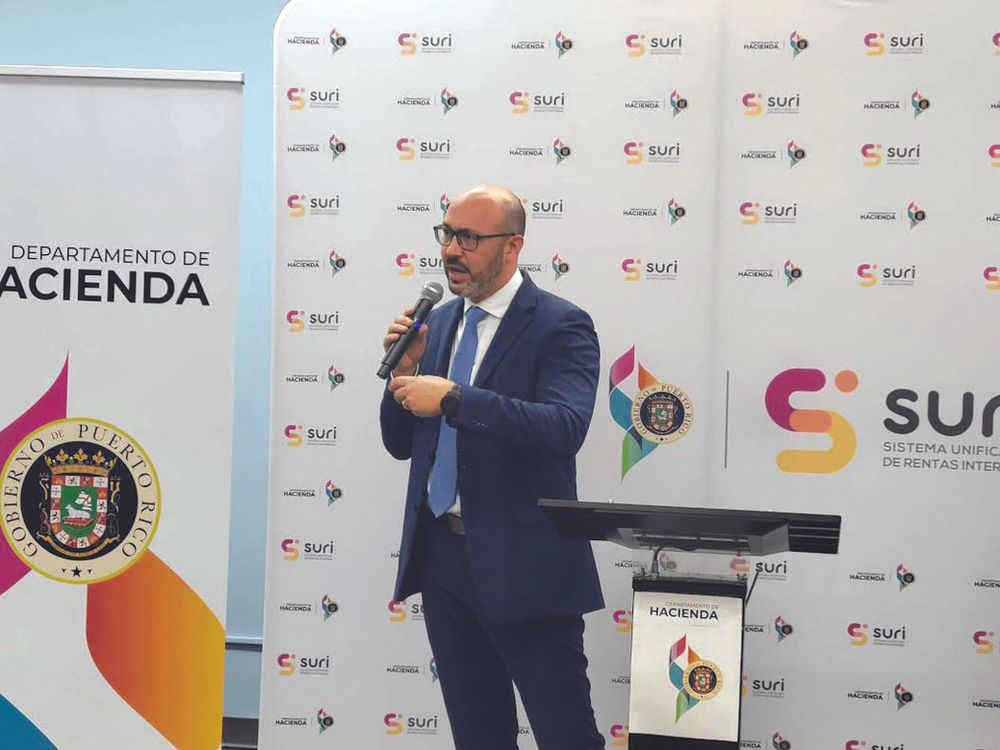
---
The Financial Oversight and Management Board has instructed Treasury Interim Secretary Nelson Pérez Méndez to cease implementing Regulation 9309, which offers preferential tax rates to specific distilled spirits.
FOMB Chairman Robert Mujica indicated that even though the FOMB notified Treasury in 2021 that the regulation was inconsistent with the fiscal plan, it recently discovered that the agency has continued to provide tax benefits in contravention of the directive.
Regulation 9309 grants preferential tax treatment to “all distilled spirits produced through the fermentation, distillation and/or rectification of sources or substrates of fermentable sugars such as grains, fruits, citrus or plants.”
The resolution includes the total production by the manufacturer, distiller, or rectifier, both inside and outside Puerto Rico for the preceding calendar year, provided that it is less than 300,000 gallons, as stated in a letter dated October 28.
Regulation 9309 was presented to the Oversight Board for examination and approval on February 4, 2021. Following a review, the Board concluded on August 5, 2021, that it was not aligned with the Fiscal Plan for Puerto Rico.
In November 2021, the Oversight Board notified the Treasury that Regulation 9309 is not effective and cannot be implemented, enforced, or applied. “However, the Oversight Board has become aware recently that the Treasury is, in fact, enforcing Regulation 9309,” the letter states.
The provisions of Regulation 9309 are not recognized under the Puerto Rico Internal Revenue Code. According to the Internal Revenue Code’s definition, the only distilled spirits that qualify as “artisanal distilled spirits” are those derived from sugarcane with production not exceeding 300,000 gallons.
“However, Regulation 9309 grants preferential tax treatment to all distilled spirits derived through the fermentation,
distillation and/or rectification of sources or substrates of fermentable sugars, including grains, fruits, citrus, or plants;” which contradicts the stipulations of the Internal Revenue Code,” stated the Board.
This indicates that the Internal Revenue Code explicitly states that only artisanal distilled spirits that are entitled to the preferential tax treatment specified are those “derived through the fermentation and distillation of any product sourced from sugarcane.
“If the Treasury desires to include an expanded interpretation of “artisanal distilled spirits” eligible for preferential tax treatment, as outlined in Regulation 9309, it must accomplish this through legislative amendments to the Internal Revenue Code,” the letter emphasizes.
